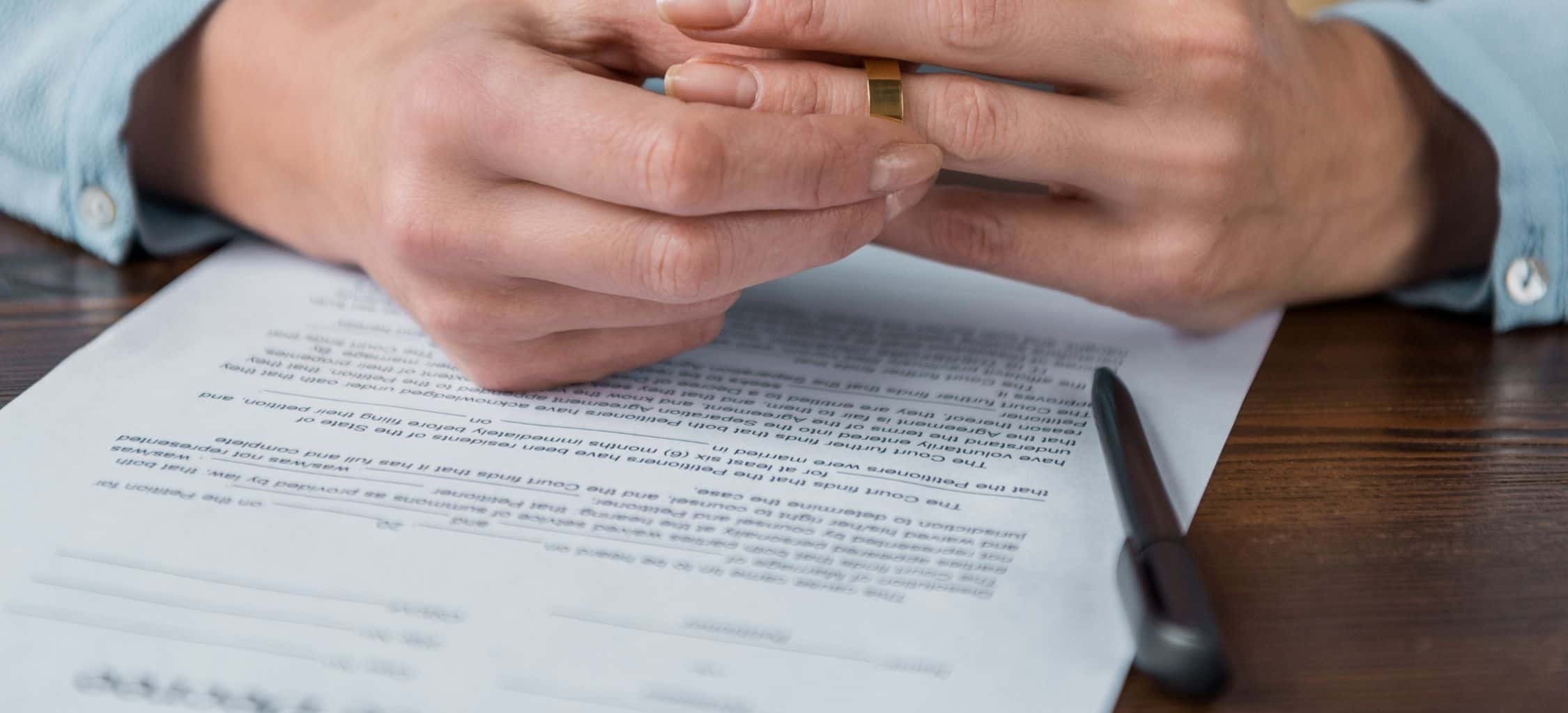Family law property settlement proceedings deal with the division of, and the “alteration of the interest,” in the assets of a marriage or a de facto relationship. Under the Family Law Act 1975 (Cth) (Act), ‘property’ is defined as ‘property to which those parties are, or that party is, as the case may be, entitled, whether in possession or reversion.’ Common types of assets that are divided include personal properties such as motor vehicles and boats and real properties, including the family home or investment property.
Although identifying the assets and liabilities is usually straightforward, what happens when there are business assets involved or complex discretionary trusts? How does the Family Court decide whether an ‘interest’ in the discretionary trusts falls within the category of ‘property’ as defined in the Act?
These complex questions were considered in the landmark case of Kennon v Spry (2008) 238 CLR 366 (Kennon v Spry). In this case, the High Court of Australia was tasked to consider whether the assets of a family trust could be considered as property of the parties to a marriage, and could therefore be altered for a property settlement purposed under s79 of the Act.
The key facts of this case are as follows:
- In 1968, the Husband established the ICF Spry Trust (Trust), of which he was the settlor and trustee.
- In 1978, the parties married. There were four children of the marriage.
- In 1981, the Trust Deed was executed and stamped, and identified the beneficiaries of the Trust as follows: The Husband, his siblings, his and the siblings’ children, and the spouses of all of them (1981 Instrument).
- In 1983, by way of a Deed of Release, the Husband excluded himself as a beneficiary of the Trust.
- In 1998, notably during a time of difficulty in the marriage, the Husband executed a further instrument varying the 1981 Instrument to exclude himself and the Wife as beneficiaries of the Trust so that no power could be used to distribute the capital to him or the Wife (1998 Instrument).
- In 2001, the parties separated.
- In 2002, the Husband created four trusts in favour of each of his four children (Children’s Trusts) and further applied to them, quarter shares each to all of the capital and income of the Trust (2002 Dispositions).
- In 2002, the Wife commenced proceeds seeking orders for property settlement, maintenance, orders pursuant to s106B of the Act to set aside the 1998 Instrument.
The central issue the High Court had to consider is whether either party had remaining interests in the Trust that could be considered “property of the parties to the marriage” for the purposes of s79(1) of the Act.
Held:
The majority of the High Court found that the 1998 Instrument, the Children’s Trusts and the 2002 Dispositions should be set aside. As a result, it was found that the assets of the Trust were, until the 1998 Instrument, the property of the parties to the marriage in accordance with s79 of the Act.
Chief Justice French accepted the position advanced by the Wife and characterized the assets of the Trust as “property of the parties to the marriage.” In support, his Honour considered following circumstances matters:
- The Husband had “legal title” to the assets of the Trust;
- The Husband had significant control and the “power to appoint” the whole of the assets to the Wife, which would be consistent with his powers as Trustee and not be in breach of such duties;
- The Wife’s equitable right (prior to the 1998 Instrument) to due consideration and administration of the Trust;
- The “origin” of the assets as having been acquired during the marriage;
- The absence of any “equitable interest” in the assets in any other party; and
- the absence of any obligation on the Husband’s part to apply all or any of the Trust’ assets to any other beneficiary, where it is a “non-exhaustive discretionary trust with an open class of beneficiaries.”
Significantly, French CJ opined that in such cases, property held under a “non-exhaustive discretionary trust with an open class of beneficiaries” by a party to the marriage, did not necessarily “lose its character as property of the parties to the marriage,” if:
a) such property was “acquired by or through the efforts of that party or his or her spouse, whether before or during the marriage”;
b) a party to the marriage is the trustee of the trust; and
c) the trustee can, under the terms of that trust, distribute the property away to other family or extended family members “at his or her discretion.”
In agreement, and in addition to the above, Gummow and Hayne JJ found that, coupled with the Wife’s right to due administration of the Trust, the Husband had a “fiduciary duty” in his capacity as trustee to consider the way in which he should exercise the trustee’s power, and that during the marriage, the Husband could have exercised the power by appointing the whole of the Trust assets to the Wife.
If you require advice about your family property settlement matter, contact us today.
